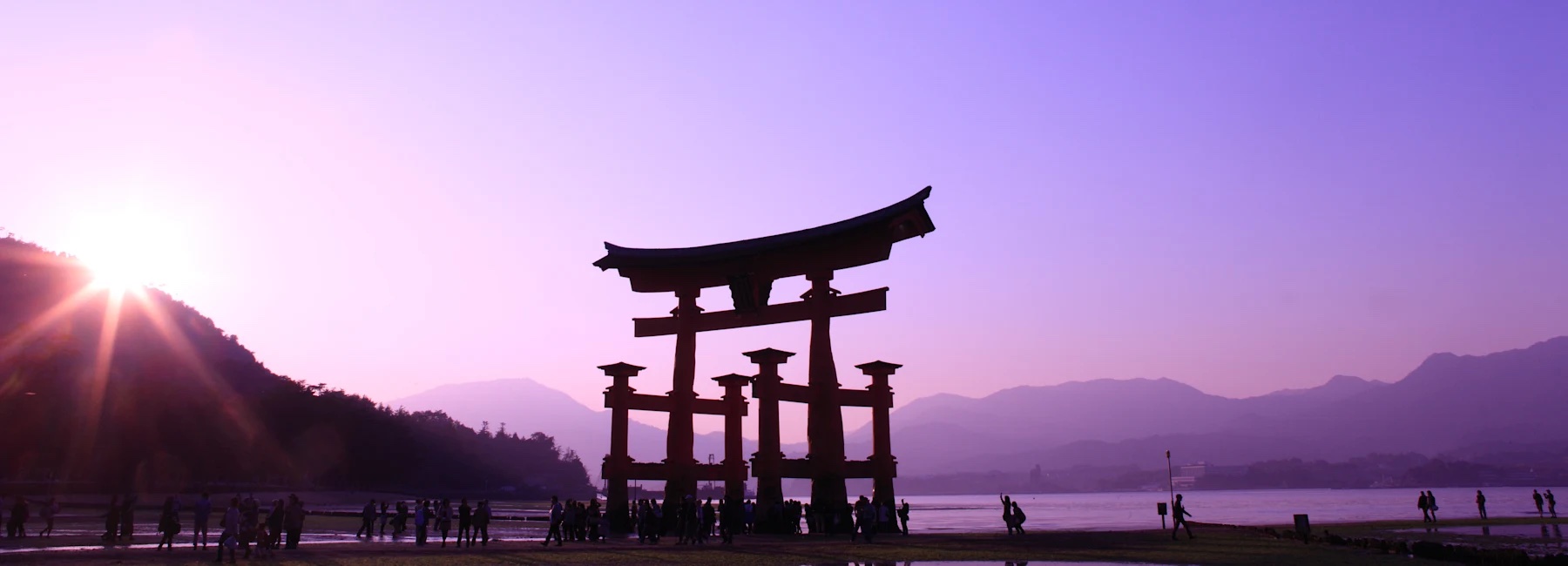Considered the birthplace of Judaism, Christianity and Islam, the Middle East is rich with history and culture, and it’s easy to see why so many avid travelers are venturing to this enchanting corner of the globe. While the Middle East is home to ancient temples and dazzling city skylines, the warm hospitality you’ll experience from locals and guides is what makes this the journey of a lifetime. While tourism is a booming industry, it is also important for visitors to be respectful of Islamic customs, from dressing appropriately to greeting local hosts. Here are some things to keep in mind – and look forward to – on your trip to the Middle East.
Call to prayer
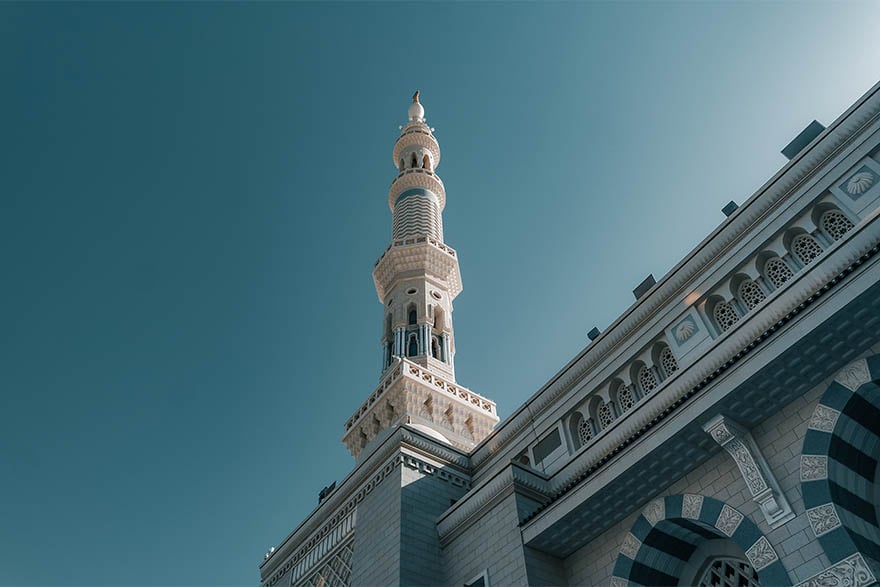
Upon your arrival in the Middle East, one of the first things you will hear is the call to prayer, or adhan. Adhan, which means “to announce,” is chanted from local mosques five times a day in Arabic, based on the position of the sun. Historically, adhan was performed from the minarets of the mosques, but these days, a muezzin typically recites the call to prayer into a microphone, and it is broadcast via speakers on the minarets. The muezzin is generally selected by the community, and from small towns to major cities, you’ll wake up and fall asleep to the beautiful melodic chant each day.
Dress modestly
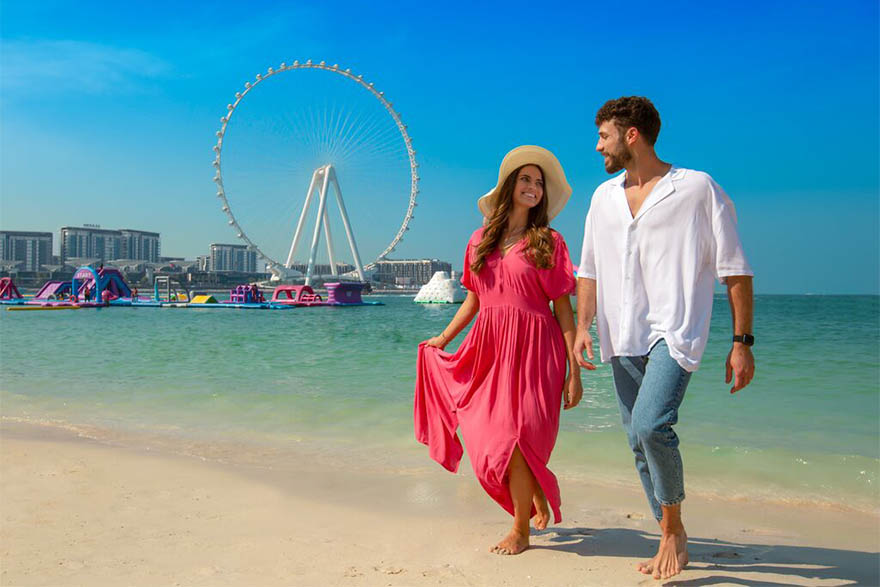
While customs vary by country, a good rule of thumb is for both men and women to wear loose clothing, keep their shoulders and knees covered — and avoid wearing anything tight, low-cut or sheer. Women should consider packing apparel like maxi dresses, long skirts, relaxed pants, tunics and lightweight scarves, while men should stick to tees, button-down shirts and pants, or longer cargo shorts. While there are no legal restrictions on how tourists dress, it’s best to blend in, so as not to attract attention or offend locals. Plus, with daytime temperatures often in the 80s and up, you’ll want to stay covered and wear loose, breathable clothing.
Visiting mosques and homes
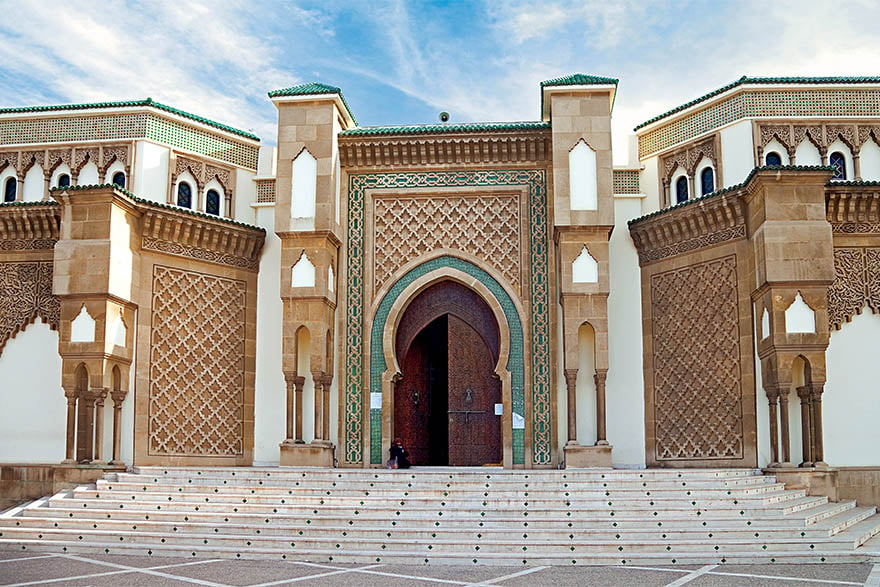
When entering a mosque or being hosted by a local family, visitors are expected to remove their shoes. It is acceptable to wear socks inside, so consider bringing an extra pair if you don’t want to be barefoot. Most mosques (and even some churches) will ask women to cover their hair with a headscarf, but even if it’s not required, it’s a sign of respect to have one. Some mosques have shoe racks, and others will provide visitors with a plastic bag to carry their shoes. If you forgot to pack a scarf, most mosques offer abayas and scarves for women who are not appropriately dressed. There are also plenty of local markets, or souqs, where you can purchase a headscarf.
Many mosques do not allow photography. If photography is allowed, it’s best to capture the mosque from a distance and not to use a flash, so as not to disturb worshippers inside. On that note, do not take photos of women, and do not take photos of military equipment.
Greetings and social etiquette
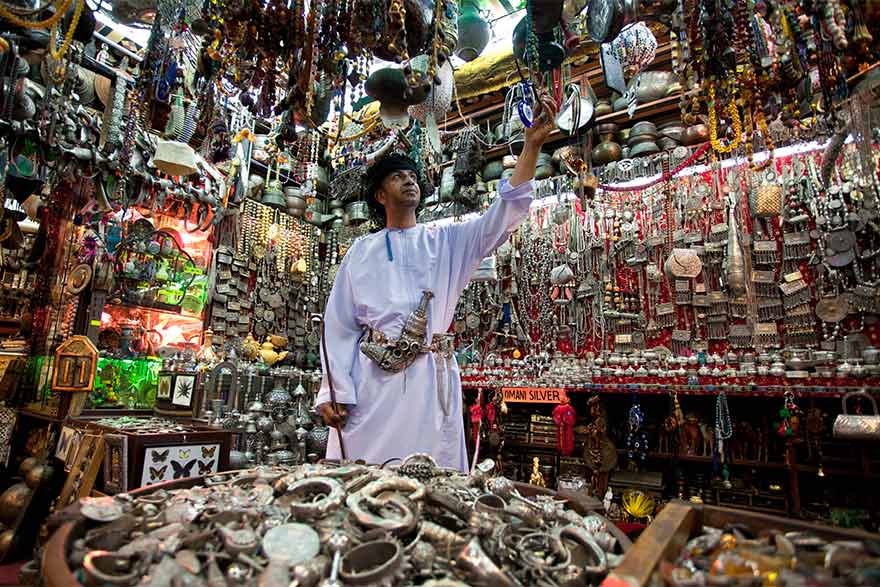
While English is spoken all over the Middle East, take the time to learn a few key phrases in Arabic ahead of your visit. Marhaba means “hello,” and shukran means “thank you,” while inshallah, which means “God willing,” is another commonly used expression. When shopping at local markets, it’s OK to barter, but don’t be overly cheap, and keep your communication limited if you’re approached by a vendor and you’re not interested. When shaking hands, eating or picking things up, always use your right hand. The left hand is considered the “dirty” hand, which is used in the bathroom. You should also avoid showing the soles of your feet, as this is viewed as disrespectful. While you’ll see members of the same sex holding hands or linking arms (in a platonic way), it is generally considered inappropriate for members of the opposite sex to show public displays of affection, like holding hands, kissing, hugging or cuddling.
Notes for women traveling to the Middle East
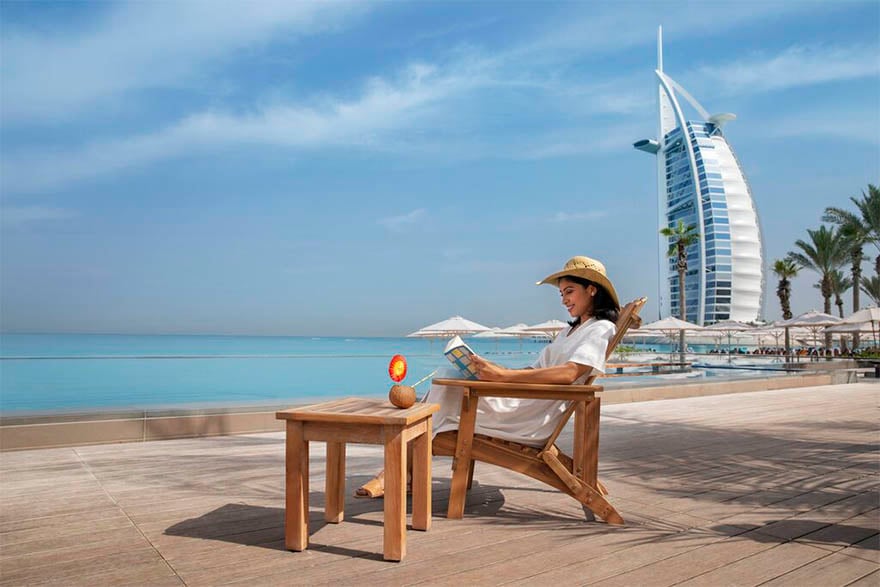
While there are some restrictions for women traveling to the Middle East, there are also plenty of places set aside exclusively for women. Some trains have cars just for women and children, and some mosques have separate areas for each sex. There are also a number of salons and bathhouses just for ladies with tinted or frosted windows, where headscarves come off as soon as you walk through the door.
Alcohol consumption
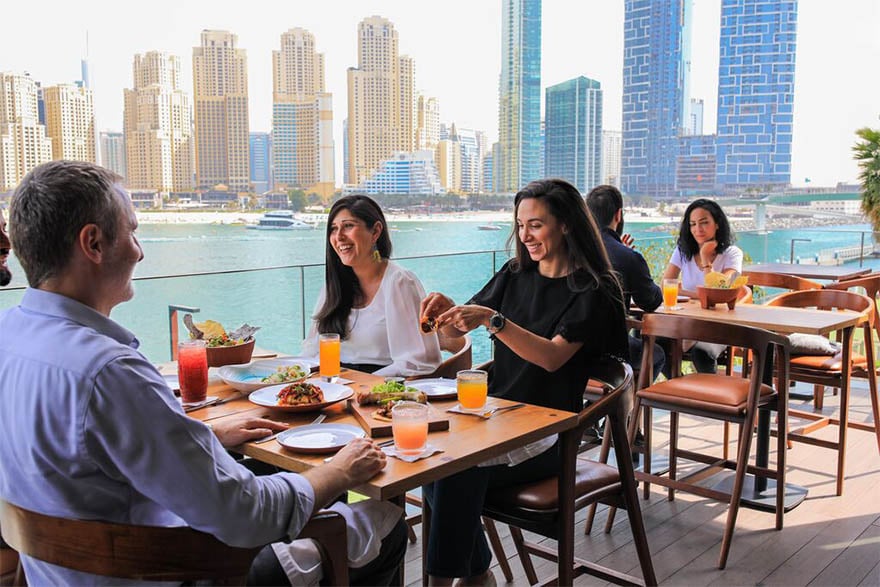
Most Muslims do not drink alcohol, but there are plenty of restaurants, bars and hotels that serve beer, wine and liquor, especially in larger cities and tourist hotspots. However, drinking in public (outside of a licensed establishment) is generally illegal, and getting drunk is socially unacceptable. Look forward to a cold beer, glass of wine or cocktail in the comfort of your Windstar yacht.















































